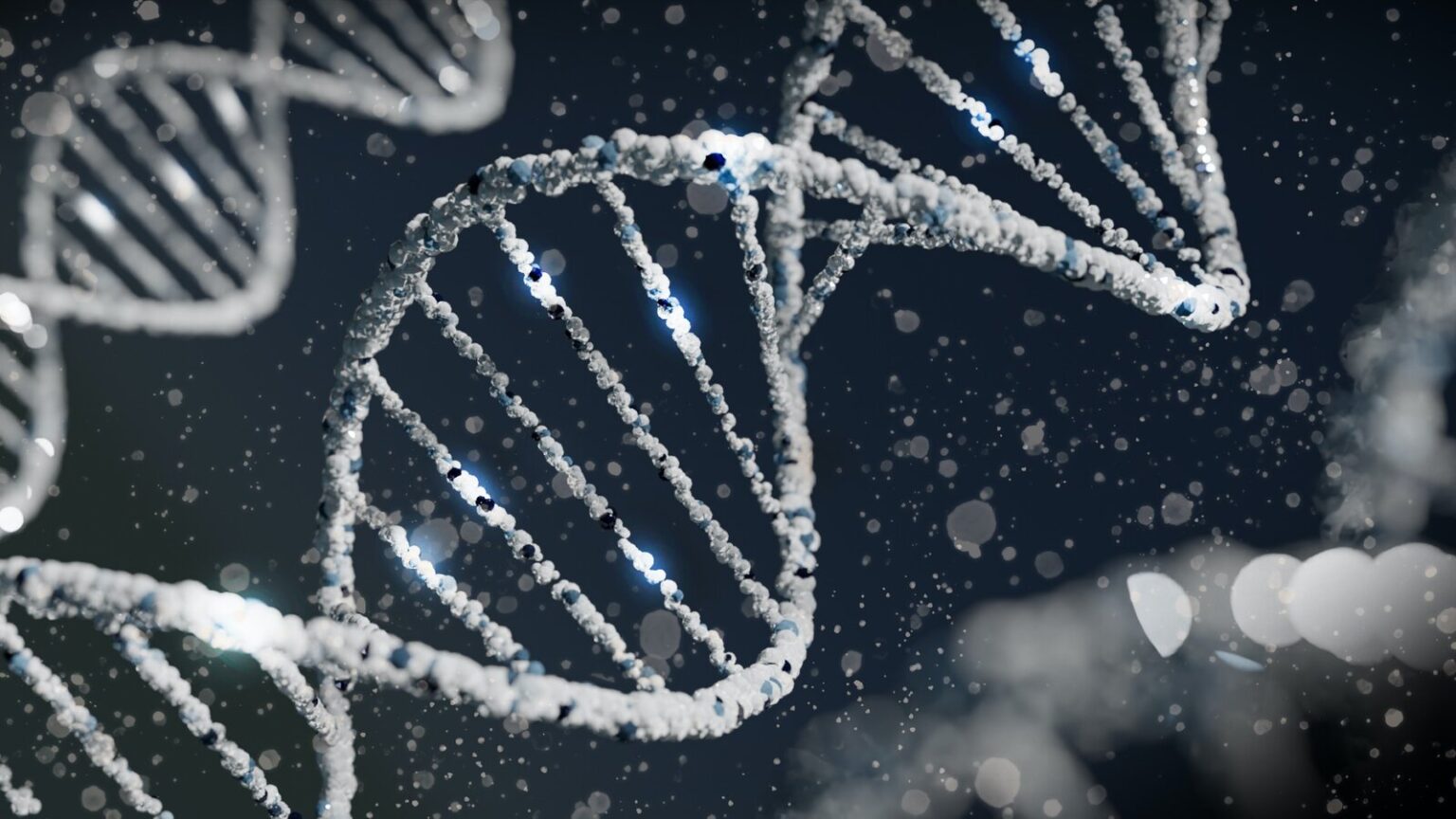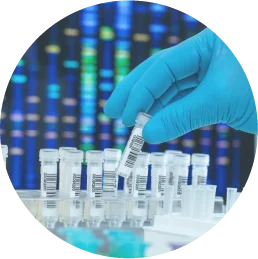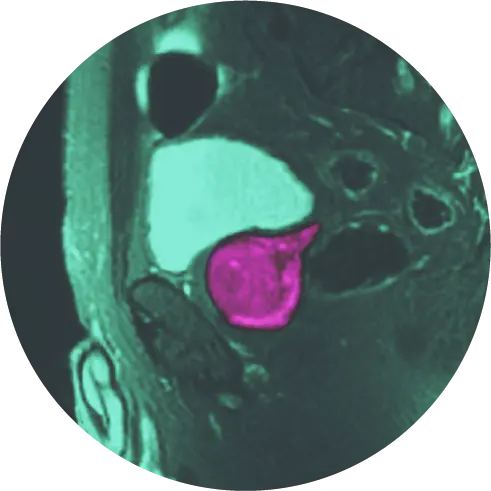It’s happened to many of us. You experience a medical event—like a major surgery or a serious diagnosis—and when you share your news with your parent or older sibling, they casually say, “Oh yes, that happened to your grandmother” or “Your uncle had the same thing.” You’re shocked and find yourself wondering: If I had known that sooner, maybe I could’ve been more proactive about monitoring my risk for this condition.
Many people don’t realize how significant this type of information is for their own health. However, a recent shift towards precision diagnostics is leading to better prevention, prediction, and personalization in healthcare.1 Genetic testing, which is a component of precision diagnostics, reveals connections between generations to help patients learn their risk of developing conditions such as breast and prostate cancer.
How are Genetic Tests Used in Precision Diagnostics?
Precision diagnostics use genetic testing to look for changes, referred to as mutations or variants, in your DNA. Genetic testing is useful in many areas of medicine and can change the medical care you or your family member receives. Precision diagnostic medicine considers not only differences in your genes, but also your environment and lifestyle factors, to formulate treatment or prevention strategies.
Traditionally, cancer diagnosis and treatment has not followed a proactive. The experience typically starts with symptoms which then leads to testing such as physical examination, urine or blood tests, and imaging. Lastly, a diagnosis is made and is then followed by clinical management. This process depends heavily on identifying changes in tissues caused by disease. This has also been the general understanding of the cancer journey, which leaves many people feeling uninformed, powerless, and reluctant to be proactive about their health.
Compared to conventional health technology, providers can use genetic information to:
- detect cancer earlier and give patients better chances for survival
- learn whether you have a genetic condition that runs in your family
- diagnose a genetic condition if you or your child has symptoms
- identify your risk of developing certain diseases later in your life, such as cancer
- add additional imaging tests to your yearly preventive health plan
- add additional blood or urine tests to standard screening tests
- target therapeutic treatments if you receive a cancer diagnosis
With genetic insights, providers are better equipped to guide your cancer prevention and/or treatment plan. Fortunately, advancements in technology have made genetic testing more accessible, less expensive, and safer. There are many kinds of genetic tests that typically involve taking blood or saliva samples. The entire process of running the tests and delivering the results usually takes one week or less.
Unlocking Family Patterns
Because we share DNA with our family members, you and your family members may have the same genetic mutation. When there are several diagnoses among relatives, it can seem that cancer “runs in the family.”1 But other factors, like environment or shared lifestyle habits, may also be a factor. This is where the discovery of genetic mutations becomes most valuable. Patterns like type of cancer, non-cancerous conditions, and the ages at which cancer typically develops may suggest an inherited susceptibility to cancer.2
Testing helps determine whether a person that has yet to develop a cancer carries that mutation and if so, can help them take action earlier to get screened before waiting for symptoms to develop.
How Precision Diagnostics Empower You
Precision diagnostics give you a better look at your risks to help you make informed decisions about your health, prevent illness, and be a participant in planning your care. Having this kind of insight into your health profile can be a motivational tool if you have not been proactive about your healthcare in the past. Early detection is key to successful treatment of many cancers and conditions; knowing you have a higher risk can make you more proactive about screenings, like mammograms, colonoscopies, and prostate specific antigen (PSA) tests for prostate cancer.
Are Precision Diagnostics Right for You?
If you have developed symptoms or learned that cancer occurs frequently in your family, genetic testing may be the right approach for you. Here are some questions to determine if you might benefit from genetic testing:
- Have any of your family members had a positive genetic test?
- Do you have a personal history of cancer?
- Do you have close family members with early onset cancer or multiple cancers?
If you answered “yes” to any of these questions, contact HALO to learn more.
References
1 https://www.cdc.gov/genomics/gtesting/genetic_testing.htm
2 https://www.cancer.gov/about-cancer/causes-prevention/genetics




